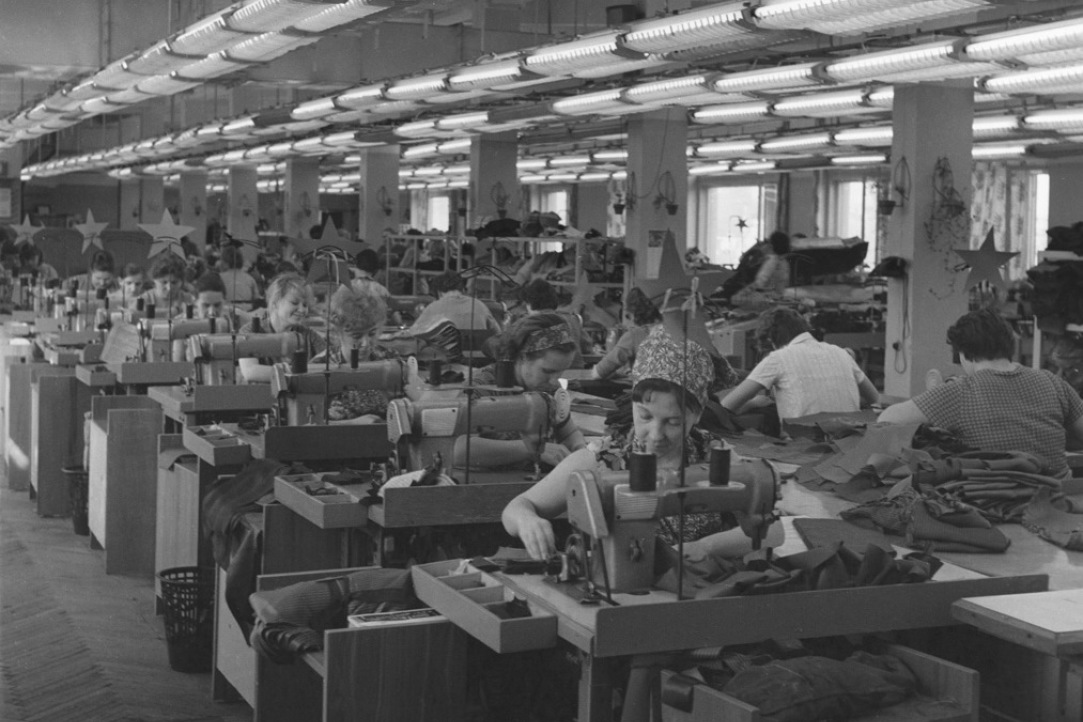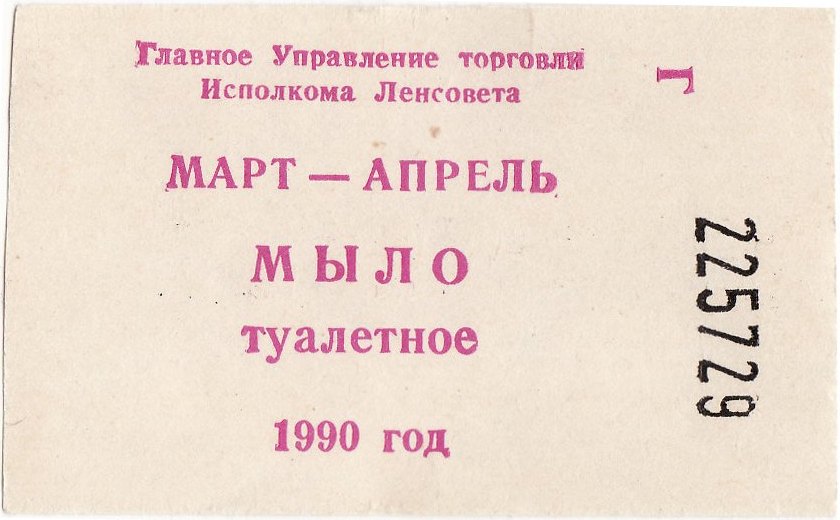
Lost in Recalculation: How to Estimate the Scale of the Soviet Economy and Its Rate of Growth
Researchers trying to compare economic data of the USSR and capitalist countries face questions of the comprehensiveness, accessibility, and reliability of data on Soviet economic production and growth. At an online seminar hosted by the HSE University International Centre for the History and Sociology of World War II and its Consequences, Assistant Professor Ilya Voskoboynikov (Faculty of Economic Sciences, HSE University) presented an overview of available approaches to studying the absolute size of the Soviet economy and its growth rates.

Scarcity Trauma: Why Russia in the 1990s Was not Nostalgic about Soviet Life
In 2001, ten years after the launch of reforms in Russia, 54% of Russians believed the main achievement of the reforms was the availability of consumer goods, rather than freedom of speech or the possibility of travelling abroad. A decade later, public attitudes had not changed, and the availability of goods on store shelves was still perceived as the number one priority. The massive trauma caused by scarcity was particularly strong. How it was addressed and in what way it influenced public attitudes after the USSR collapse is examined in a study by HSE professor Oleg Khlevnyuk.
Socialism on the Steppe: How Soviet Specialists Changed Life in Mongolia
‘We tried to give them a bright future.’ These are the words of engineers, construction workers, geologists, doctors and other specialists from the former Soviet republic regarding the years they spent in Mongolia. Those Soviet-era specialists are still united by the memory of trying to build something on such a grand scale and then seeing the whole project collapse. More than 100 members of that community agreed to be interviewed in-depth by political scientist Alexei Mikhalev. Here, he shares information from their collective memory with IQ.HSE.
Transnational Connections in History or Why Study the USSR?
On March 11, Seth Bernstein gave a presentation — ‘Burying the Alliance: Interment, Repatriation and the Politics of the Sacred in Occupied Germany’ — at the scholarly seminar of the HSE International Center for the History and Sociology of World War II and Its Consequences where he works as a postdoctoral research fellow.

